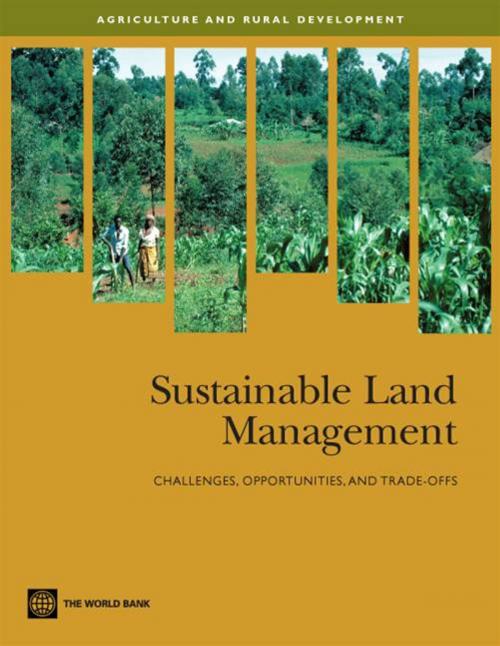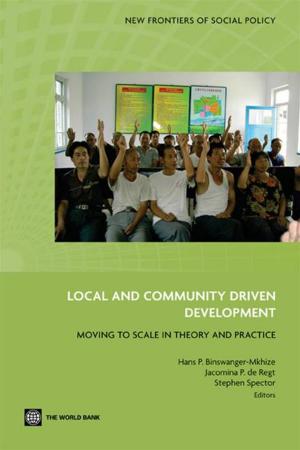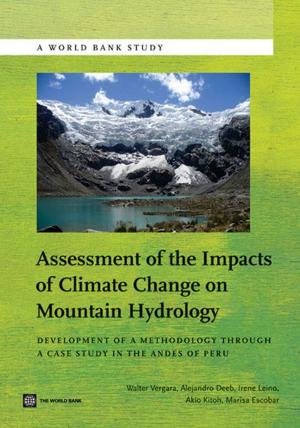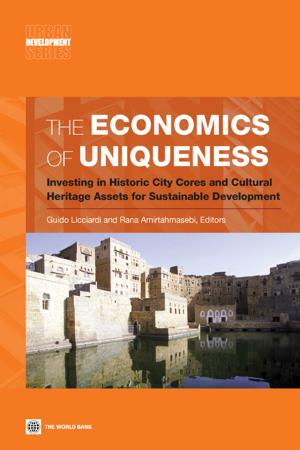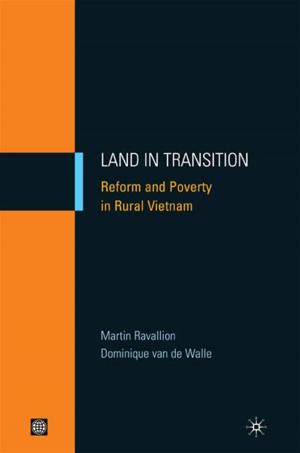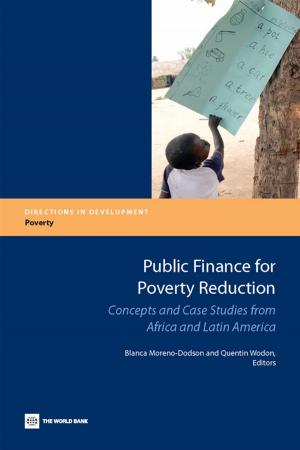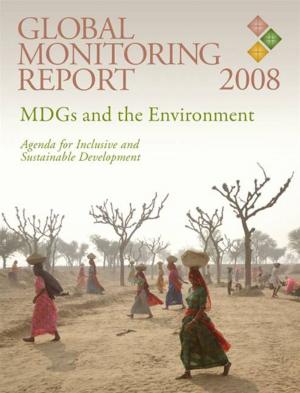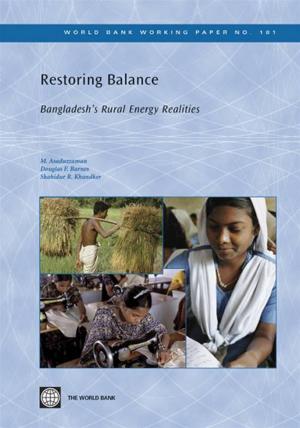Sustainable Land Management: Challenges, Opportunities, And Trade-Offs
Nonfiction, Reference & Language, Law, Property| Author: | World Bank | ISBN: | 9780821365977 |
| Publisher: | World Bank | Publication: | June 23, 2006 |
| Imprint: | Language: | English |
| Author: | World Bank |
| ISBN: | 9780821365977 |
| Publisher: | World Bank |
| Publication: | June 23, 2006 |
| Imprint: | |
| Language: | English |
Land is the integrating component of all livelihoods depending on farm, forest, rangeland, or water (rivers, lakes, coastal marine) habitats. Due to varying political, social, and economic factors, the heavy use of natural resources to supply a rapidly growing global population and economy has resulted in the unintended mismanagement and degradation of land and ecosystems. Sustainable Land Management provides strategic focus to the implementation of sustainable land management (SLM) components of the World Bank's development strategies. SLM is a knowledge-based procedure that integrates land, water, biodiversity, and environmental management to meet rising food and fiber demands while sustainaing livelihoods and the environment. This book, aimed at policy makers, project managers, and development organization, articulates priorities for investment in SLM and natural resource management and indentifies the policy, institutional, and incentive reform options that will accelerate the adoption of SLM productivity improvements and pro-poor growth.
Land is the integrating component of all livelihoods depending on farm, forest, rangeland, or water (rivers, lakes, coastal marine) habitats. Due to varying political, social, and economic factors, the heavy use of natural resources to supply a rapidly growing global population and economy has resulted in the unintended mismanagement and degradation of land and ecosystems. Sustainable Land Management provides strategic focus to the implementation of sustainable land management (SLM) components of the World Bank's development strategies. SLM is a knowledge-based procedure that integrates land, water, biodiversity, and environmental management to meet rising food and fiber demands while sustainaing livelihoods and the environment. This book, aimed at policy makers, project managers, and development organization, articulates priorities for investment in SLM and natural resource management and indentifies the policy, institutional, and incentive reform options that will accelerate the adoption of SLM productivity improvements and pro-poor growth.
